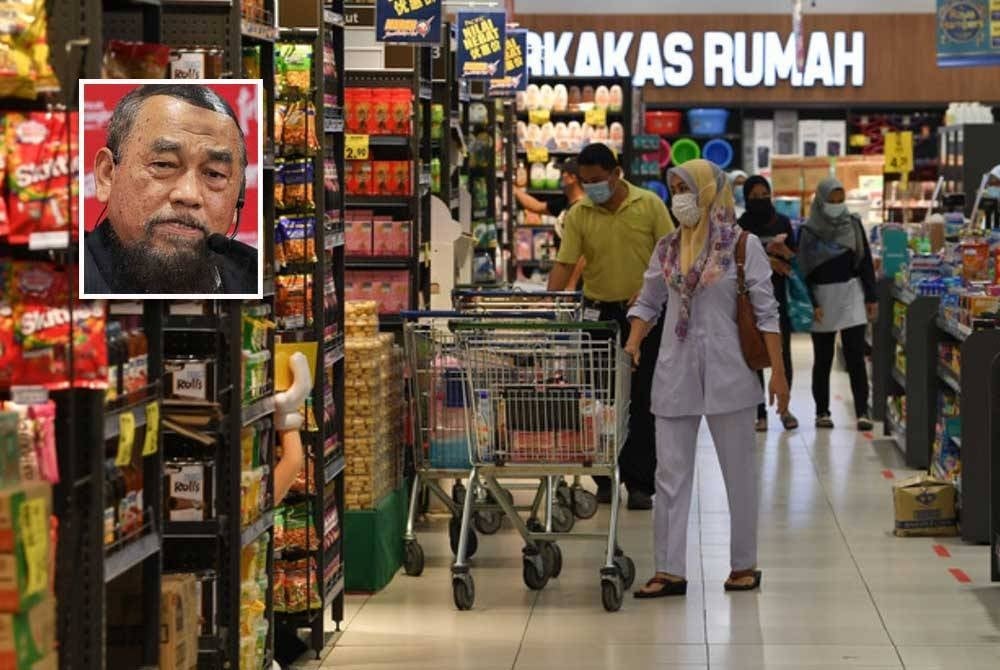Subsidy reform unsuitable at the time, has a big impact on people – Analysts

PUTRAJAYA - The government is expected to face a significant challenge when it comes to implementing reforms and rationalising subsidies because it has a big impact on the people.
Economic analyst Professor Emeritus Dr Barjoyai Bardai said the government needed to be careful in implementing the subsidy rationalisation plan even though it had begun in stages.
"If the government makes a mistake, it will affect in terms of rising price of goods.
"If the rationalisation of subsidies involving fuel is carried out now, it will affect many parties," he told Sinar on Thursday.
Based on the Development Expenditure for the year 2022, the government allocated RM60.6 billion in subsidies for fuel and electricity.
It is six times compared to the education subsidy of RM10 billion and 14 times compared to health which is RM4.4 billion.
He said the implications of the rationalisation of fuel subsidies would cause an immediate increase in the price of goods as they were widely used by the industry.
"So that needs to be postponed, let's start with (something) easy first," he said.
Dr Barjoyai said in order to reduce fuel subsidies, the government could implement rationalisation on petrol by targeting certain groups.
"There is a hint that those with income less than RM3,000 are eligible to enjoy the petrol subsidy by introducing a (subsidy) card," he said.
Economic analyst Dr Baayah Baba agreed with Dr Barjoyai and said that rationalisation of subsidies was not suitable to be implemented at this time.
"When rationalisation is implemented, this subsidy will go directly to the B40 and M40 groups but the government cannot marginalise the T20 group when they contribute more than 60 percent of income tax revenue to the country.
"Otherwise, they will feel left out," he said.
Previously, the government announced that the high-income group or T20 would no longer receive the benefits of electricity subsidies and Haj as part of the rationalisation plan.
The government is also developing a Main Data Base (Padu) so that it could manage and coordinate the assessment of subsidy distribution to the eligible groups.










